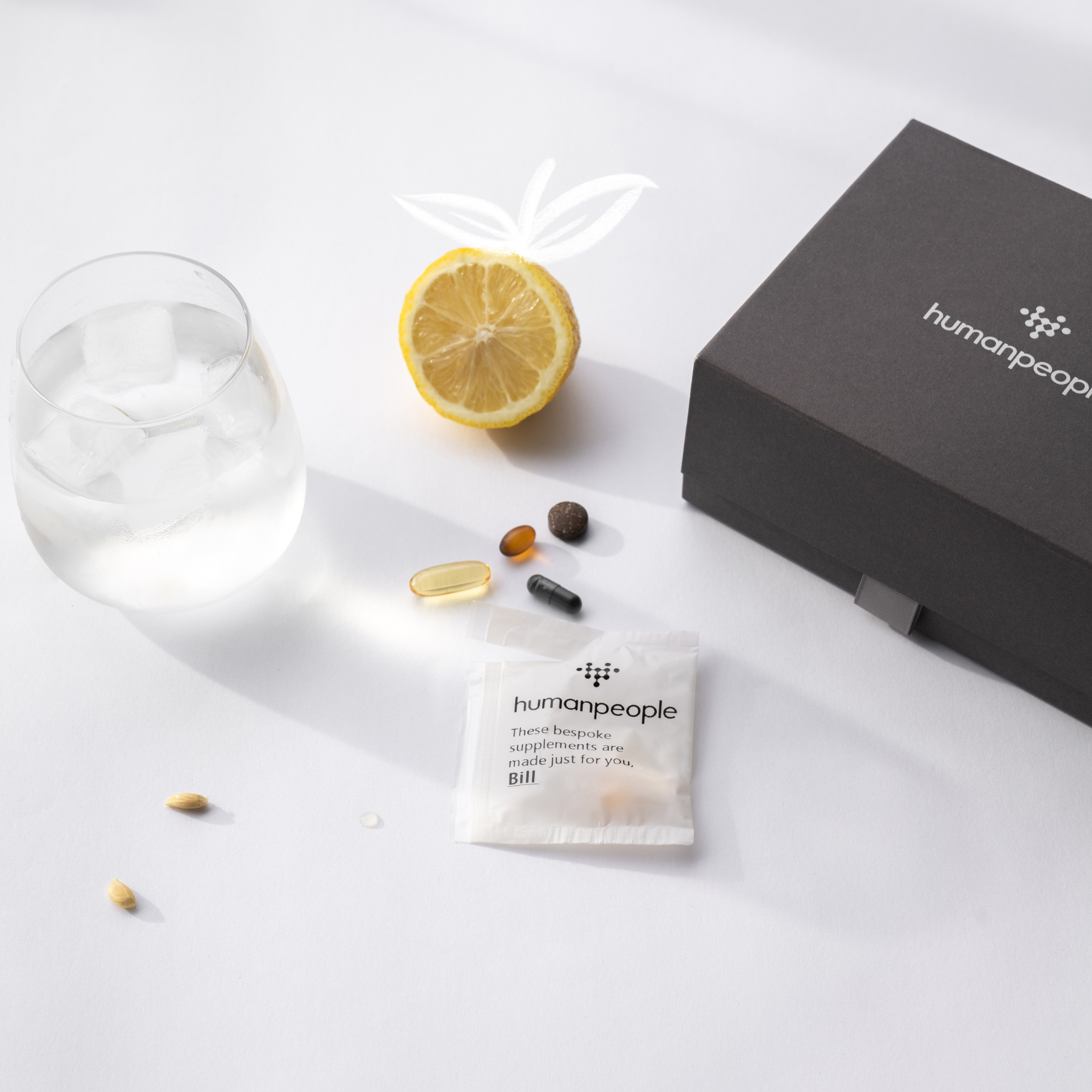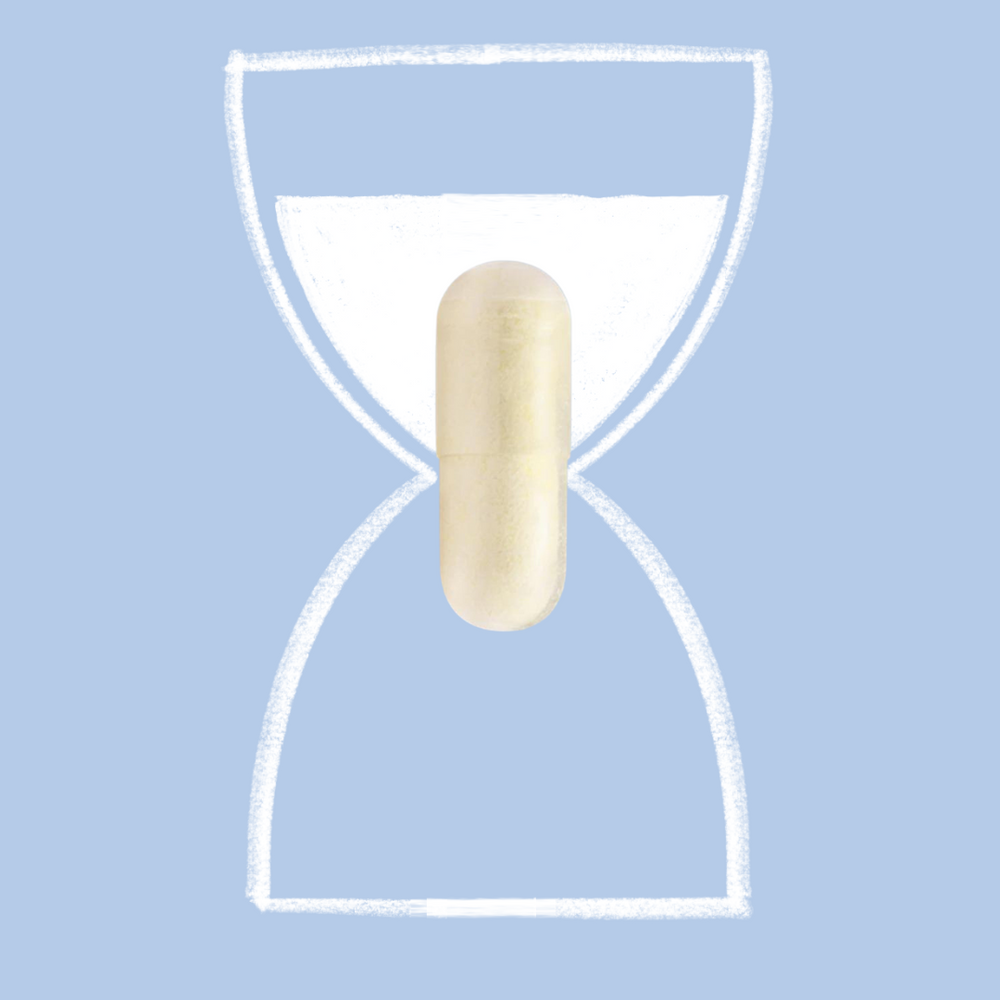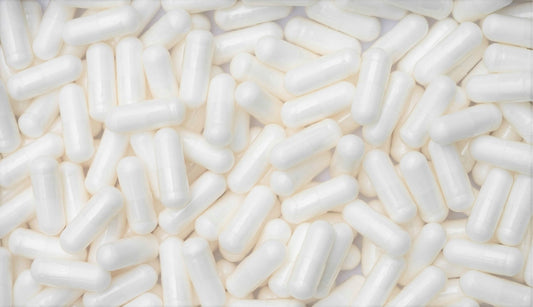Lorem ipsum
1
You have saved personalized supplements. Would you like to add them back to your cart?
£0.00 GBP
Your cart total must be £20.00 or more to proceed.
500mg
• Boosts exercise performance
• Enhances stress management
• Supports cognitive function
Couldn't load pickup availability
 Vegan
Vegan
 Vegetarian
Vegetarian
 GMP
GMP
 Non-GMO
Non-GMO
 No fillers
No fillers
 Gluten Free
Gluten Free
Rhodiola Rosea, a herb that thrives in cold, mountainous regions of Europe and Asia, is lauded for its adaptogenic properties. This means it enhances the body's resilience to stress, fatigue, and more. This powerful herb has been a part of traditional medicine for centuries and is becoming increasingly popular in modern wellness routines.

Cortisol killer
Rhodiola Rosea's efficacy is mainly attributed to two critical bioactive compounds: salidrosides and rosavins. These compounds interact with the human body in several ways to exert their effects.
Firstly, Rhodiola Rosea acts on the brain's neurotransmitter system. It influences the concentrations of dopamine, serotonin, and norepinephrine, key neurotransmitters responsible for mood regulation, attention, and cognitive function. By modulating these neurotransmitters, Rhodiola Rosea can help enhance cognitive performance, improve mood, and alleviate symptoms of stress and anxiety.
Secondly, Rhodiola Rosea has been found to stimulate the activity of an enzyme called AMP-activated protein kinase (AMPK). This enzyme, sometimes called the "master metabolic switch," regulates cellular energy homeostasis. By activating AMPK, Rhodiola Rosea can enhance the body's energy metabolism, increasing energy production at a cellular level. This can result in improved physical performance, better physical and mental fatigue resistance, and enhanced recovery from strenuous exercise.
Lastly, Rhodiola Rosea has potent antioxidant properties, which help protect the body's cells against oxidative damage. Oxidative stress, an imbalance between free radicals and antioxidants, is linked to various chronic diseases and ageing. Rhodiola Rosea can help protect the body's cells by neutralising harmful free radicals, promoting overall health and well-being.
While individual experiences may vary, users of Rhodiola Rosea often report improved mental clarity, increased energy, and a heightened ability to manage stress. You might notice these benefits within a few weeks of consistent use.
Take 1 capsule daily with food and water, unless specified otherwise on the sachet. Elite athletes in intensive training may take 3 capsules.
As rhodiola affects cortisol, it is best pulsed for up to 3 months at a time with rest intervals of at least a few weeks for maximum benefit.
* Percent Daily Values are based on a 2,000 calorie diet.
† Daily Value not established.
Rice Bran, Rice Concentrate, Vegetarian Capsule Hpmc
Publications you might find interesting

1. De Bock K, et al. (2004). Acute Rhodiola rosea intake can improve endurance exercise performance. International Journal of Sport Nutrition and Exercise Metabolism.
2. Edwards D, et al. (2012). Therapeutic effects and safety of Rhodiola rosea extract WS® 1375 in subjects with life-stress symptoms--results of an open-label study. Phytotherapy Research.
3. Qu ZQ, et al. (2009). Pretreatment with Rhodiola rosea extract reduces cognitive impairment induced by intracerebroventricular streptozotocin in rats: implication of anti-oxidative and neuroprotective effects. Biomedical and Environmental Sciences.
4. Amsterdam JD, Panossian AG. (2016). Rhodiola rosea L. as a putative botanical antidepressant. Phytomedicine.
5. Lekomtseva Y, et al. (2017). Rhodiola rosea in Subjects with Prolonged or Chronic Fatigue Symptoms: Results of an Open-Label Clinical Trial. Complementary Medicine Research.

Gain access to your own data driven dashboard, health reports and personalised supplement plans.


• Supports cellular health and longevity
• Boosts NAD function
• Promotes skin health and elasticity

